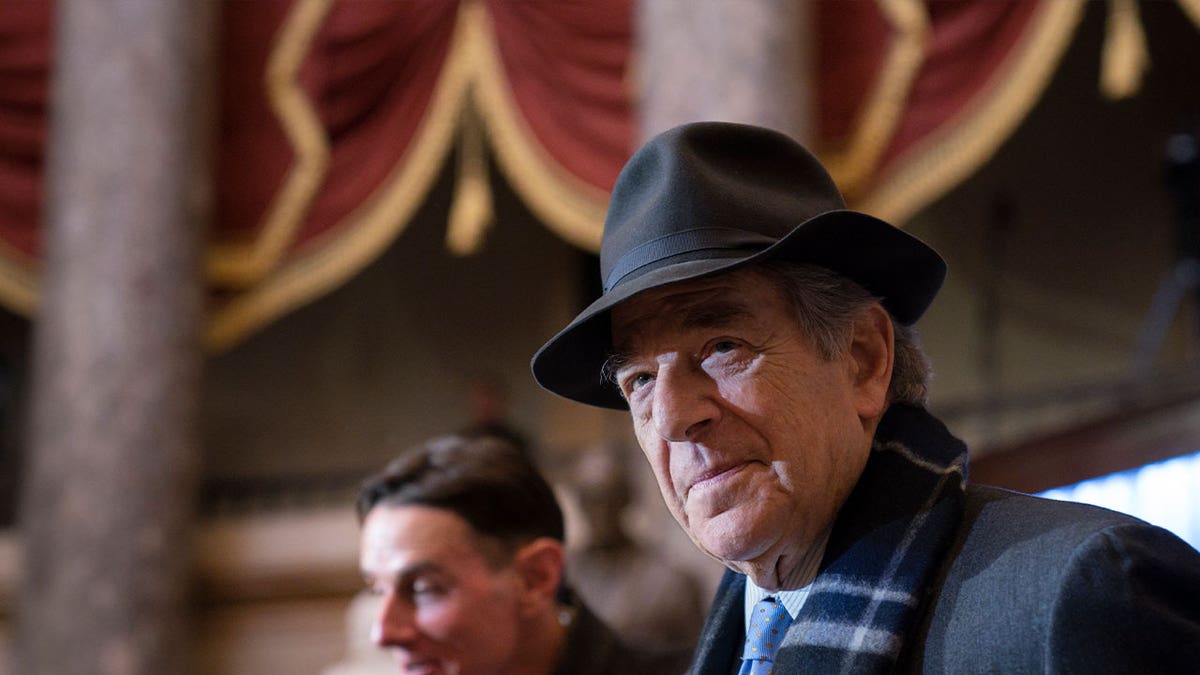Supreme Court Justice Ketanji Brown Jackson's recent appearance in the Broadway musical '& Juliet' has ignited a discussion regarding judicial impartiality, particularly as the court prepares to address a significant case concerning transgender surgical procedures for minors.
Critics, including Thomas Jipping, senior legal counsel at the Heritage Foundation, argue that Jackson's participation in a production with prominent LGBTQ+ themes could be perceived as endorsing an ideological stance on an issue currently before the court. Jipping expressed concern that such involvement, especially in an “advocacy production,” could compromise the appearance of impartiality, a crucial aspect of public trust in the judiciary.

(@AndJulietBway/X)
'& Juliet' offers a modern reimagining of Shakespeare's classic, exploring themes of self-discovery and challenging traditional gender roles. The musical features a nonbinary character whose queer relationship is central to the storyline.
Jackson's participation marked a historic first, as she became the first Supreme Court Justice to perform on Broadway. She joined a cast that included TikTok star Charli D’Amelio for a one-time performance.
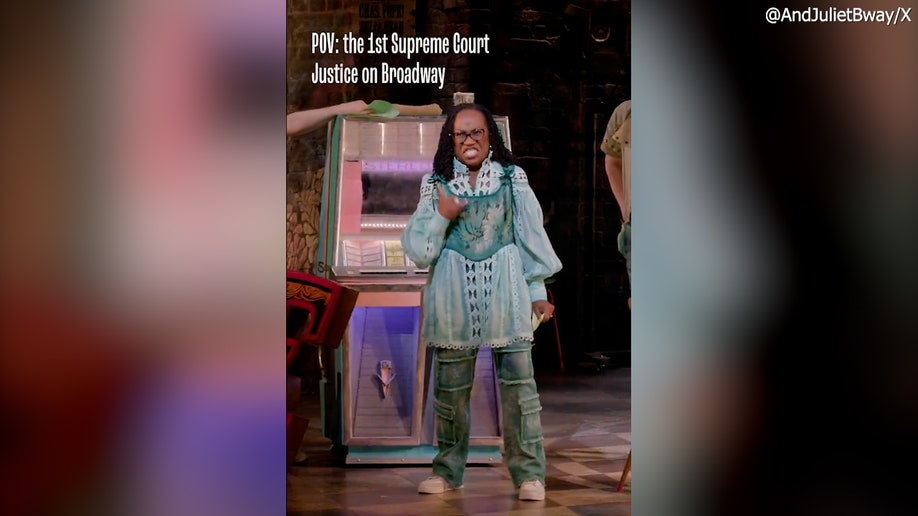
(@AndJulietBway/X)
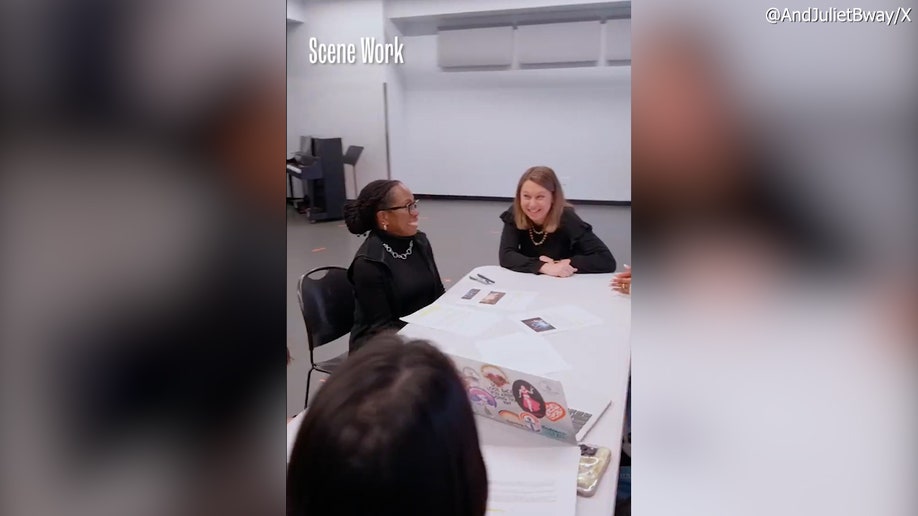
(@AndJulietBway/X)

(@AndJulietBway/X)
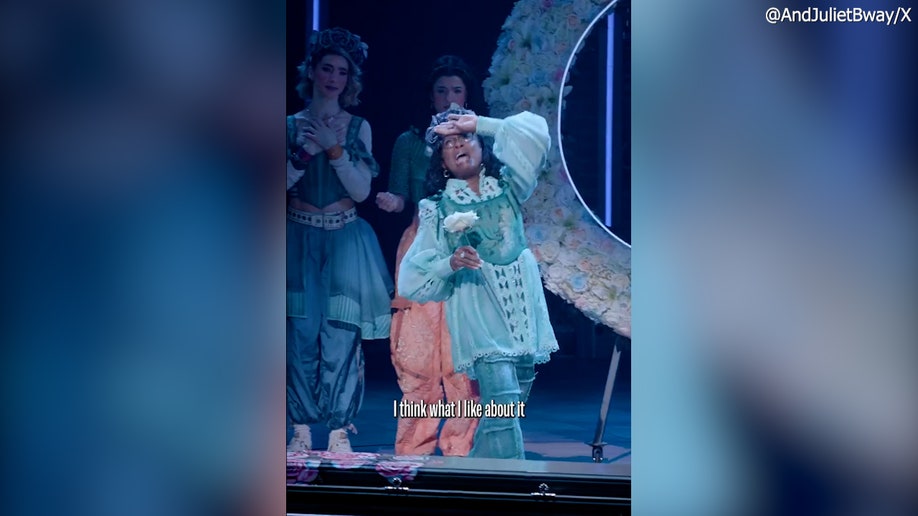
(@AndJulietBway/X)

(@AndJulietBway/X)
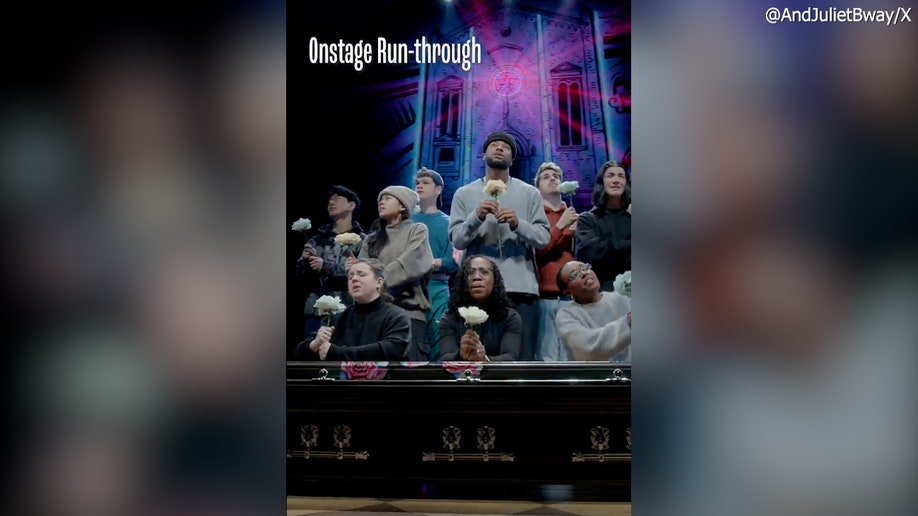
(@AndJulietBway/X)
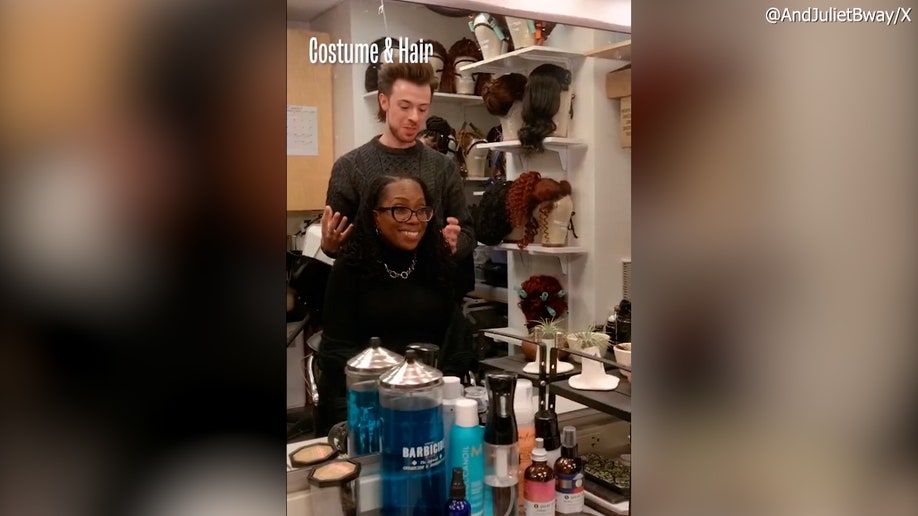
(@AndJulietBway/X)
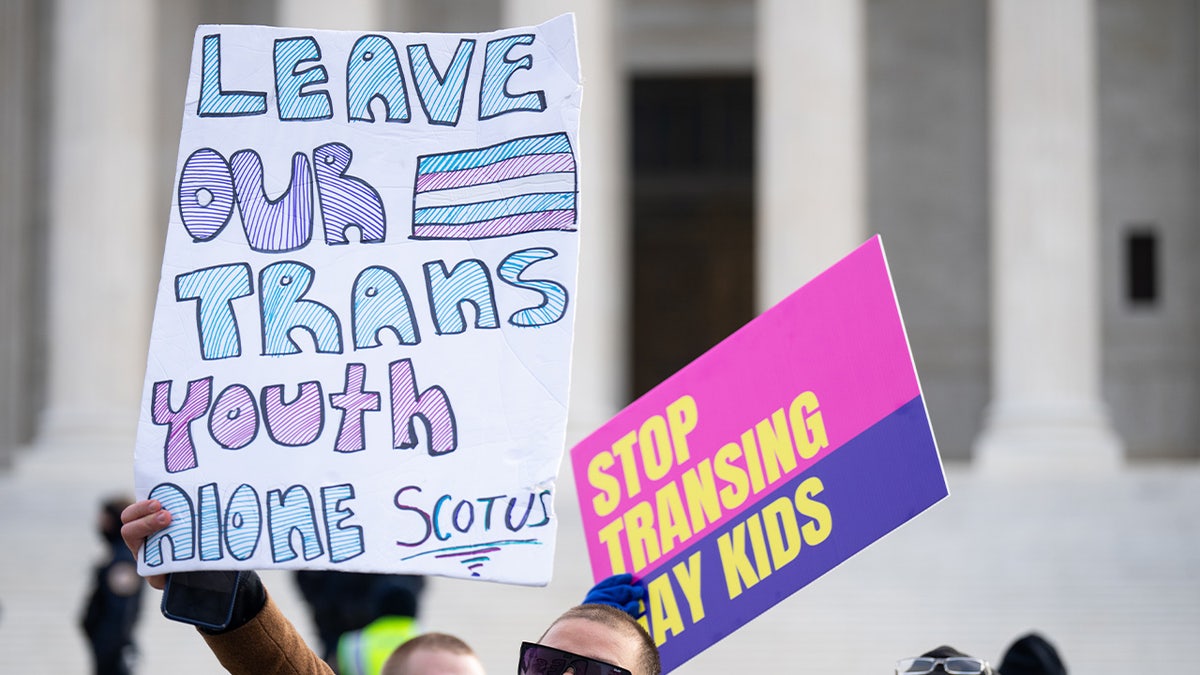
This incident follows prior scrutiny of other justices for perceived ethical breaches, including Justice Clarence Thomas, Justice Samuel Alito, Justice Amy Coney Barrett, and Justice Brett Kavanaugh. Jipping questioned how those advocating for stricter judicial conduct would view Jackson's actions.
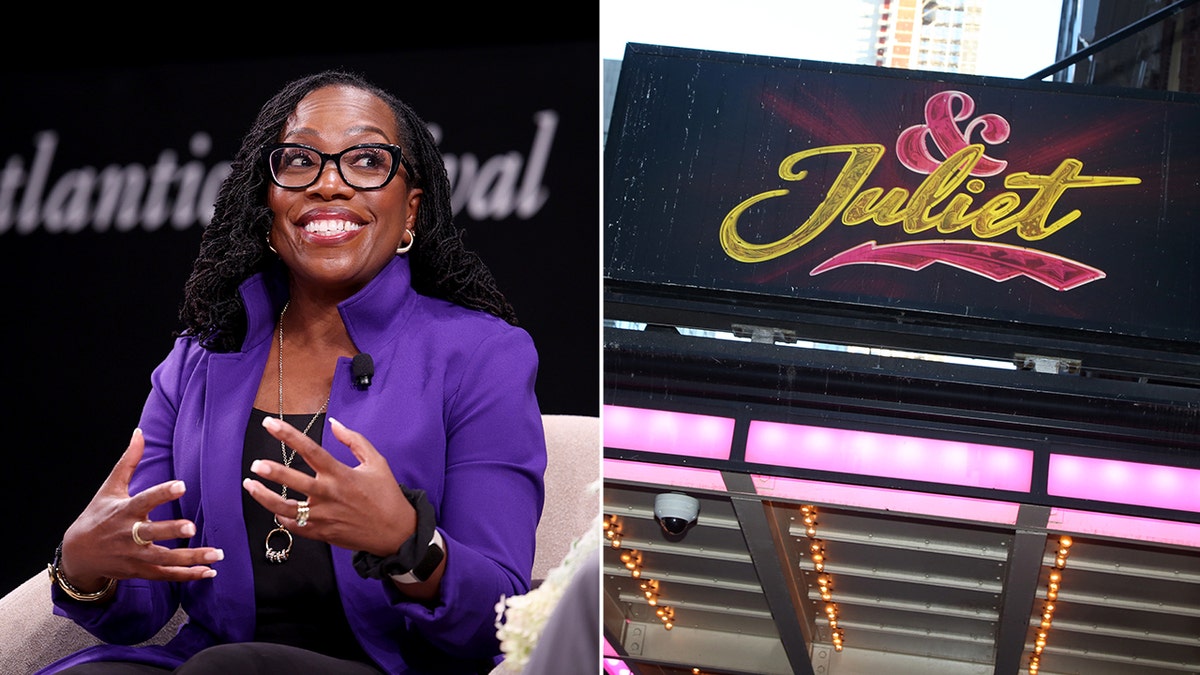
While Jackson's appearance is unprecedented, it's not the first time Supreme Court justices have engaged with the performing arts. Justices Scalia and Ginsburg, despite their differing ideologies, famously shared a love of opera and appeared in non-speaking roles in a 1994 production. The Supreme Court has yet to comment on the matter.
The court's upcoming decision in the U.S. v. Skrmetti case, which deals with transgender issues, is anticipated to have far-reaching consequences for related legal battles, including access to bathrooms and participation in school sports. Oral arguments will continue in January, with a decision expected by July 2025.







